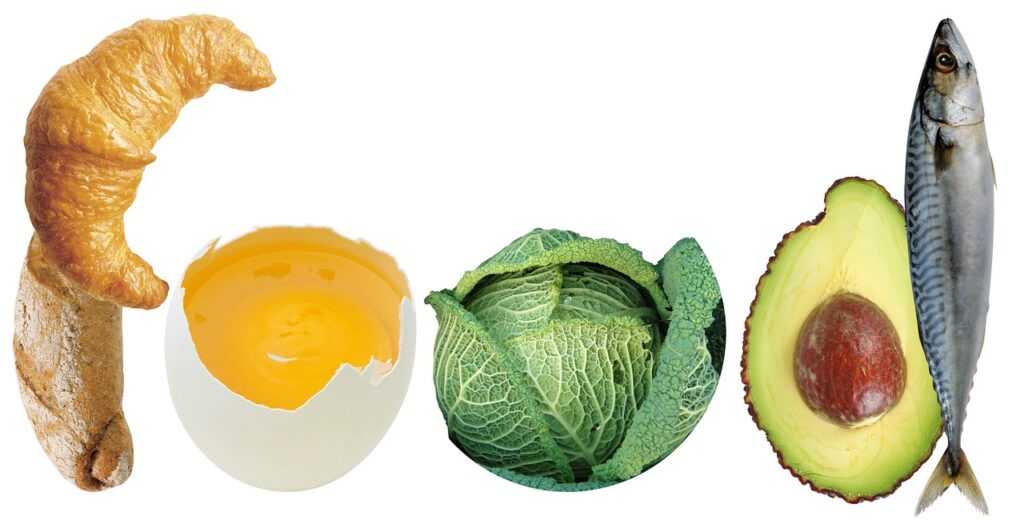Are you a long-distance runner looking to enhance your stamina and performance? In my experience as a seasoned blogger specializing in fitness and nutrition, I’ve gathered valuable insights on how the right fuel can make a significant difference in your endurance levels. Nutrition plays a crucial role in sustaining energy levels and optimizing your running capabilities.
In this article, I’ll share top-notch nutrition tips tailored specifically for long-distance runners like you. By focusing on the right balance of nutrients and hydration strategies, you can elevate your performance and conquer those extra miles. Stay tuned to discover how small dietary adjustments can lead to substantial improvements in your running endurance.
The Impact of Nutrition on Running Stamina
Nutrition plays a crucial role in boosting running stamina for long-distance runners. A well-balanced diet can significantly impact your performance and endurance during runs. It’s essential to fuel your body with the right nutrients to ensure optimal stamina levels and to maintain energy throughout the race. Proper nutrition can enhance your overall running capability and help you achieve your long-distance running goals effectively.
Key Nutrients to Enhance Endurance
When it comes to optimizing my performance as a long-distance runner, focusing on key nutrients is essential. By incorporating specific nutrients into my diet, I can effectively boost my stamina and endurance levels, enabling me to achieve my running goals more efficiently.
Carbohydrates for Sustained Energy
As a long-distance runner, carbohydrates play a crucial role in providing me with sustained energy throughout my runs. Foods rich in carbohydrates, such as whole grains, fruits, and vegetables, serve as the primary fuel source for my muscles during exercise. By ensuring I consume an adequate amount of carbohydrates before and after my runs, I can maintain energy levels and enhance my overall performance.
Protein for Muscle Repair and Recovery
Including an adequate amount of protein in my diet is vital for muscle repair and recovery as a long-distance runner. Protein helps rebuild and strengthen muscles that may experience damage during intense training sessions. Foods like lean meats, eggs, and legumes are excellent sources of protein that I incorporate into my meals to support muscle recovery and enhance my overall endurance.
Hydration Strategies for Long-Distance Running
Proper hydration is key to maintaining optimal performance during long-distance runs. As a runner, staying hydrated helps regulate my body temperature, prevent muscle cramps, and enhance overall endurance. I make sure to hydrate adequately before, during, and after my runs, typically incorporating electrolyte-rich drinks to replenish essential nutrients lost through sweat. By prioritizing hydration, I can sustain my energy levels and improve my running efficiency.
Pre-Run Nutrition Tips
When it comes to preparing for long-distance runs, proper nutrition plays a vital role in optimizing performance and enhancing stamina. As a long-distance runner, I understand the significance of fueling my body with the right nutrients to support my endurance and sustain energy levels throughout the run. Here are some key pre-run nutrition tips that can help you maximize your running capabilities:
- Carbohydrate Loading: Before a long-distance run, I make sure to include complex carbohydrates in my pre-run meal. Foods like whole grains, fruits, and vegetables are excellent sources of carbohydrates that provide a steady release of energy during my run.
- Moderate Protein Intake: Including a moderate amount of protein in my pre-run meal helps support muscle repair and recovery. Foods like lean meats, eggs, or plant-based protein sources can be beneficial in preparing your muscles for the challenge ahead.
- Hydration Is Key: Staying hydrated before a long-distance run is crucial for optimal performance. I ensure that I drink enough water in the hours leading up to my run to prevent dehydration and support proper muscle function during exercise.
- Timing Is Essential: I pay attention to the timing of my pre-run meal to allow for proper digestion and energy utilization. Eating a well-balanced meal containing carbohydrates, proteins, and healthy fats about 2-3 hours before my run helps me feel fueled and ready to tackle the miles ahead.
- Avoid High-Fat and Fiber-Rich Foods: While fats and fiber are essential components of a balanced diet, consuming high-fat or fiber-rich foods right before a long run can lead to digestive discomfort. I opt for easily digestible foods to prevent any gastrointestinal issues during my run.
By following these pre-run nutrition tips, you can ensure that your body is adequately fueled and ready to take on the challenges of a long-distance run. Prioritizing proper nutrition before your run can help optimize your performance, enhance your stamina, and support your overall running goals effectively.
Post-Run Recovery Nutrition
After completing a long-distance run, refueling my body with the right nutrients is essential for optimal recovery and muscle repair. Hydration plays a vital role in replenishing fluids lost during the run. Rehydrating with water or electrolyte-rich beverages helps restore electrolyte balance and aids in muscle function.
Replenishing glycogen stores is crucial for energy recovery. Consuming a mix of carbohydrates and protein within 30 minutes to an hour after the run helps maximize glycogen replenishment. This combination supports muscle recovery and enhances overall performance.
Including protein in my post-run meal is vital for muscle repair and growth. Opting for sources like lean meats, eggs, or plant-based proteins ensures I get the necessary amino acids to aid in muscle recovery. Additionally, incorporating anti-inflammatory foods like berries, nuts, and leafy greens can help reduce muscle soreness and inflammation post-run.
Balancing macronutrients in my post-run meal is key to supporting recovery. A well-rounded meal consisting of carbohydrates, proteins, and healthy fats provides the necessary nutrients to repair muscles and replenish energy stores. Adding a source of omega-3 fatty acids like salmon or chia seeds can also aid in reducing inflammation and supporting joint health.
Prioritizing proper post-run nutrition is essential for replenishing energy stores, supporting muscle recovery, and reducing post-run fatigue. By fueling my body with the right nutrients after a long-distance run, I can optimize my recovery process and prepare for future training sessions effectively.




